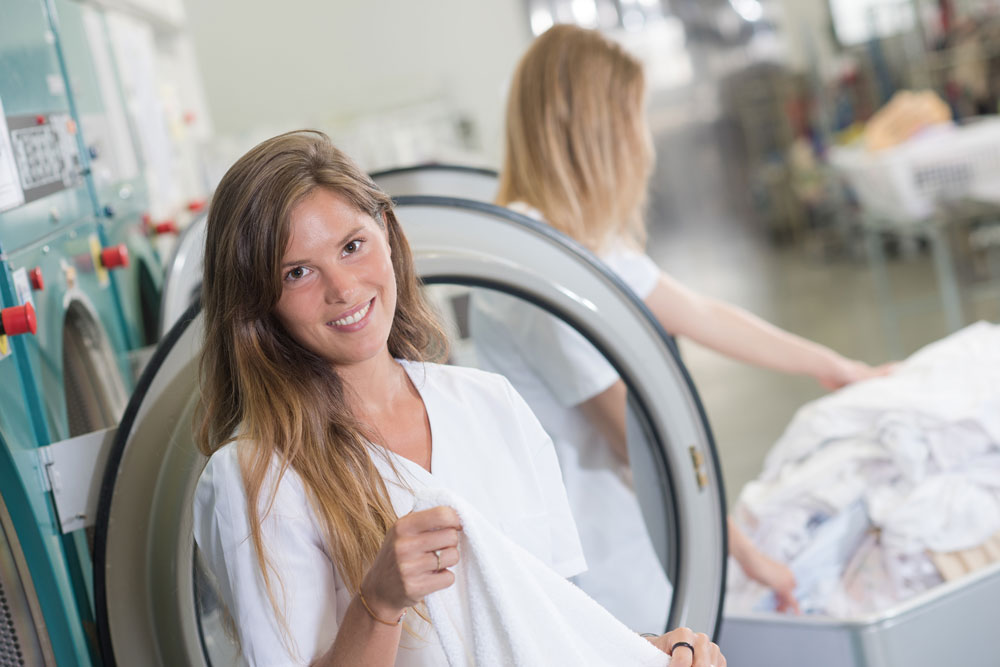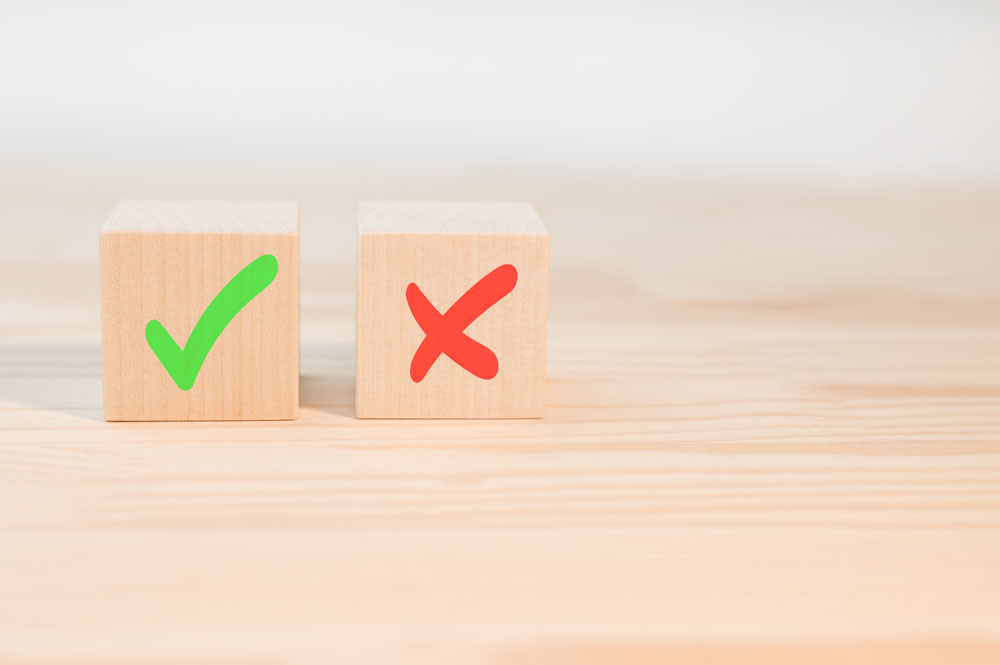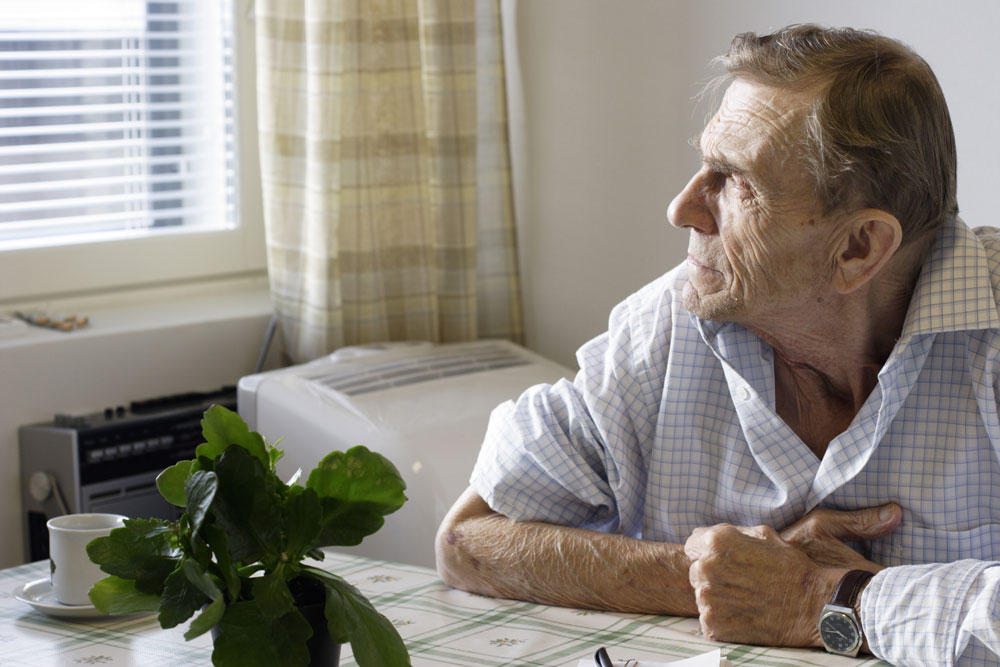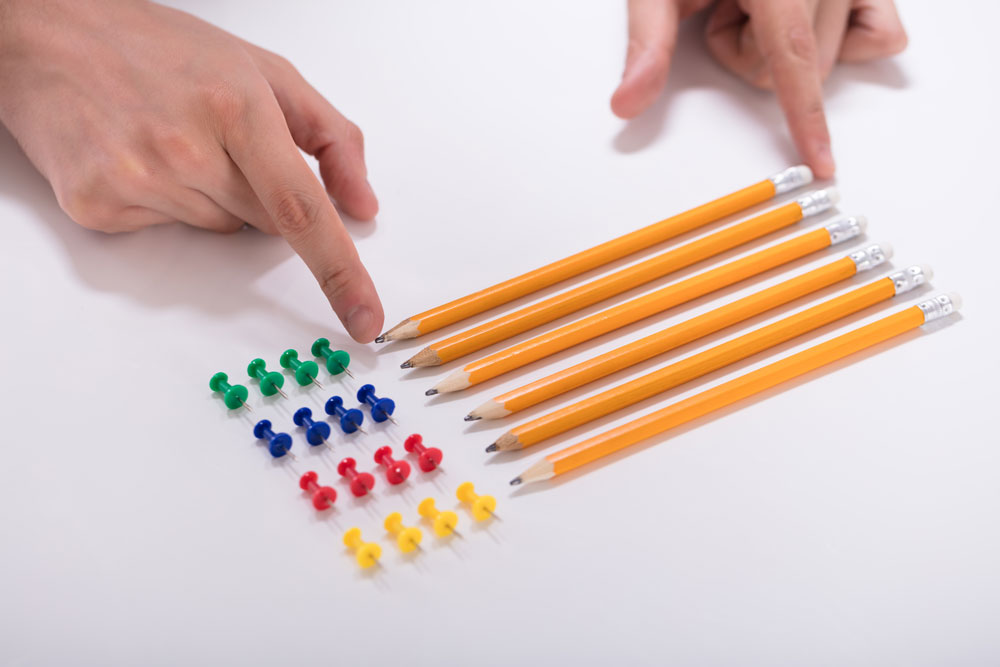The knowledge development within elderly care is fast.
This is an article written based on Swedish conditions. Hopefully, it can be an inspiration for people interested from other countries.
Continued education is a crucial part of the work with continuous improvements in elderly care. There needs to be a basic level of education that all employees must go through. In addition to this, the elderly care needs to plan education based on the quality deficiencies that are noticed in complaints, deviations or self-control. The knowledge development within elderly care is rapid. Therefore, it is important to plan the operation so that employees are given the opportunity to replenish their knowledge and develop in their professional role. Sometimes more people need to take the same training in order to create pressure in a change work. It is important that there is a plan and a thought with education in the operation so that it creates conditions for improved quality. Everyone must have knowledge about hygiene, cleaning, laundry, waste management, stock management and how to contact a nurse if someone becomes acutely ill are basic skills that all employees must have.
 Foto: Mostphotos
Foto: MostphotosLearning and Competence
Reality is complex today. Many of our elderly are multi-ill with a large need for care and in need of special interventions. There must be staff with sufficient medical knowledge for the care to be patient-safe. In addition, time for supervision and reflection on ethical problems.
Likewise, special knowledge for example to investigate incontinence problems, deal with people who act disruptively, heal difficult to heal wounds or create a cozy atmosphere.
Increasingly digital aids are used in healthcare. Knowledge about the rehabilitation of the elderly is developing. It can be difficult even for occupational therapists and physiotherapists who are supposed to be experts to keep up with the development.
Competence development can take place in many ways. In addition to going to school, going away to conferences and reading books, there is today a large selection of educational opportunities online.
The work itself involves learning and experience development. People usually talk about "Singleloop learning" which means that you correct problems directly and "Doubleloop learning" which means that you look for underlying causes of the error and correct it. If the competence development is to be perceived as valuable, it must be structured, planned and followed up in a clear way.
A well-thought-out introduction of newly hired is a basis to ensure that everyone has basic knowledge about the care of the residents and what is important to take care of.
Competence Development Plan
Knowledge development in elderly care is fast. The operation should plan so that employees are given the opportunity to replenish their knowledge and develop in the professional role. There may be reasons to let more or all go through the same training to create pressure in the change work. A plan and intention with education in the business creates conditions for improved quality.
There are several perspectives on competence development in healthcare. The knowledge differs greatly between a trained nursing assistant and an untrained substitute. Yet the division of labor can land in doing the same tasks. Unfortunately, the level of knowledge varies greatly between different nursing assistants depending on where they have undergone their education.
Many businesses have education as part of the introduction. It can be about hygiene, dementia and education in documentation, scheduling systems, food handling, review of routines and other things that are of a basic nature in order to be able to do work. Later, delegation education often comes.
There are often templates and routines for the business to work with development or staff talks. There should be an individual development plan or competence development plan. It's often about what the employee himself sees as interesting to learn. Equally important is that the business has determined what is required for the business and how knowledge should be developed within the elderly residence.
Many businesses have different representative roles. Hygiene representative, food representative, fire representative, activity representative are examples of deepening areas assigned to the staff. At other units, the nursing assistant has the role of coordinator or documentation supporter. The municipality or care provider often has an idea of what roles should exist and then often has some kind of guidelines. Sometimes it's good to think outside the box and consider what roles would best develop the quality of your residence. It's about your own strategic perspective on what needs the residence will have in the future and which should be planned now.
There are examples of further education like Silviasystrar, Deepening in end of life care or Motivational talks.
Transfer Technique
There are several perspectives on the transfer technique. With exercises, technical aids and an interaction with the individual, we can create good transfers for both the resident and the employee. There are many lifting and transfer aids today. The employee should have a good education otherwise it can go badly. The risk of skin damage or someone falling when using transfer aids must be avoided.
There are many reasons to allocate time and resources for training in transfer technique. First and foremost for the individual resident's comfort. Being moved by someone who can't do it and doesn't have the right technique can be both uncomfortable and painful. It can mean an increased risk as well as worry and irritation for the resident. In the worst case, it can create an outward behavior.
In the transfer technique there are ingredients of treatment, eye contact and communication that are very important for it to be right. Describe what you are going to do so it feels safer for the person who is going to be moved.
There are also medical risks such as shear (ie the skin is exposed to strong friction), which can cause pressure damage. It has happened that older people with fragile skeletons have received fractures in connection with careless transfers. Serious care injuries and even deaths have occurred as a result of misused lifting belts. Knowledge and recurring further education in transfer technique is of great importance.
Shortcomings in the working environment lead to injuries, suffering and sick leave for nursing assistants and thus weakened continuity for the resident and deteriorated economy for the care unit.
There are residences where transfer technique courses are a regularly recurring part of the business. These residences also spend time educating substitutes who come into the business. In other residences, it does not seem to be a priority task.
Delegation Education
In order for the business to have a safe and secure drug management, the education in drug management must take place in a safe way and also be followed up to ensure that the employee has understood. Here it is also important to bring up deviation management and how and when the employee should contact the nurse. It can also be good to go through how, for example, to take pulse, temperature and blood pressure.
Healthcare Hygiene
If there are shortcomings in healthcare hygiene and cleaning, the residents risk being infected. In a nursing home, many people move and there may, for example, be residents or staff who are carriers of multi-resistant bacteria without knowing it. Sooner or later, most nursing homes are also affected by outbreaks of winter vomiting disease or residents falling ill with the flu. Knowledge about how to work with cohort care and the importance of contacting a nurse when a resident has symptoms that may be related to infection is also basic knowledge that everyone who works needs to have with them. The cleaning routines also need to be known by everyone. Shortcomings in waste and laundry handling can cause odor problems in the unit. Here, it may also need to be checked that everyone understands how to help the residents with personal hygiene.
Other Basic Knowledge
There are many other basic knowledge that may need to be reviewed. For example, lack of knowledge in handling laundry can create mistrust from residents and relatives. Warehouse management and orders that do not work can pose risks to residents not receiving correct help. There are many seemingly small details that can cause difficulties, for example, how the door phone works, so that visitors are not left outside the house without being let in.
Web Educations
There are many training courses that are focused on the care of our elderly and the range of digital training courses is constantly increasing. Many businesses use the material as part of the further education of employees. Most commonly used are digital training in drug management, hygiene, dementia disease and transfer technique. Often there is a knowledge test linked to the training that generates a certificate sent by email. These are usually free to use.
There are many training courses that are focused on the care of our elderly and the range of digital training courses is constantly increasing. Many businesses use the material as part of the further education of employees. Most commonly used are digital training in drug management, hygiene, dementia disease and transfer technique. Often there is a knowledge test linked to the training that generates a certificate sent by email. These are usually free to use.
Many businesses collect the certificates to show who have gone through different educations. In the middle of January 2020, the National Board of Health and Welfare launched a new education portal aimed at everyone working in Health and Medical Care and Social Services. Parts of the layout are specifically aimed at the Youtube generation with movies and playlists. Those who use the web educations can pick up what is relevant to them.
There are good courses in the value base of elderly care. Likewise, team-based working methods to prevent falls. Before the business recommends a course, it is good to go through the education. It is not certain that all courses that are available online are good.
A page that has a lot of valuable information for those working in healthcare is the Healthcare Handbook. There are descriptions of how many care processes should work. When it comes to the National Board of Health and Welfare portal, users can upload their own material. The National Board of Health and Welfare checks and quality checks materials that are uploaded before they are published.
There are pages and films that provide support to relatives. An example is www.demenscentrum.se.
Reflection - competence development
Care staff:
• Are you offered to go through education?
• Are you involved in the planning of education?
• How do you support colleagues if you see gaps in knowledge?
Manager, nurse, occupational therapist and physiotherapist:
• Do you have a strategic plan for competence development?
• Is transfer technique included in the introduction for all newly hired?
• Do you have a uniform way of working with education in connection with delegations?
• What minimum competence should employees have to work in the business and what is included in the introduction?
Residents and relatives:
• Do you experience the employees as knowledgeable?
• Do you see any gaps in knowledge among the employees?
Erland Olsson
Specialist Nurse
Sofrosyne
Better care every day

Aktuellt i media
-
2026-01-08 04:00
13 Hygien
By changing work clothes at least once a day, the risk of spreading infection decreases.
info Foto: Mostphotos
Foto: Mostphotos - 2025-12-29 04:00 08 Förebyggande o lokaler
-
2025-12-18 04:00
16 Sjukdom och död
Survivor conversations - an important element in working with next of kin
info Bild från Summer Stock
Bild från Summer Stock - 2025-12-15 04:00 17 Psykisk hälsa
- 2025-12-11 04:00 07 Riskhantering
- 2025-12-08 04:00 06 Dokumentation





